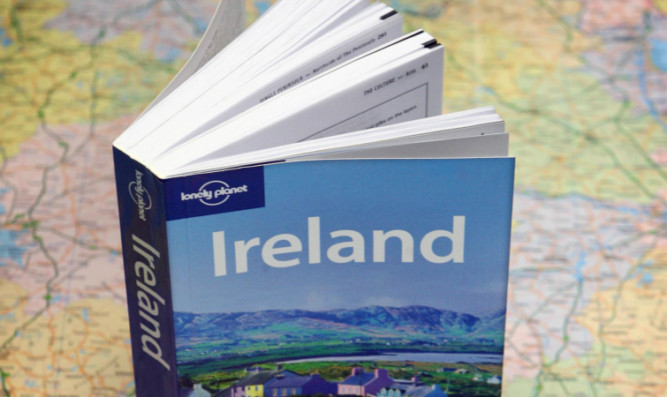The BBC’s commercial arm has agreed the sale of its travel guide business Lonely Planet for almost £80 million less than it originally paid for the firm.
BBC Worldwide will sell the company the biggest-selling brand in the UK travel guide market and hugely popular around the world to US-based NC2 Media for £51.5 million.
But that figure is a huge 60% down on the £130.2 million it paid in total acquiring the firm in two chunks in 2007 and 2011.
The purchase was long seen as a controversial move because, until it took on Lonely Planet, Worldwide had mainly been involved in exploiting BBC productions, rather than buying up other firms.
Today’s sale, which must be approved by the BBC Trust, comes as a result of refocusing Worldwide’s activities and primarily promote BBC brands and programmes. The continued ownership of Lonely Planet no longer fitted with the strategy and is being seen as closing a chapter in Worldwide’s history.
Paul Dempsey, the interim chief executive of BBC Worldwide, said: “We acquired Lonely Planet in 2007 when both our strategy and the market conditions were quite different.
“Since then, Lonely Planet has increased its presence in digital, magazine publishing and emerging markets whilst also growing its global market share, despite difficult economic conditions.
“However, we have also recognised that it no longer fits with our plans to put BBC brands at the heart of our business and have decided to sell the company to NC2 Media who are better placed to build and invest in the business.”
Worldwide has said no licence fee money was ever used for its purchase of Lonely Planet taking 75% for £88.1 million, and the remainder four years later for £42.17 million.
